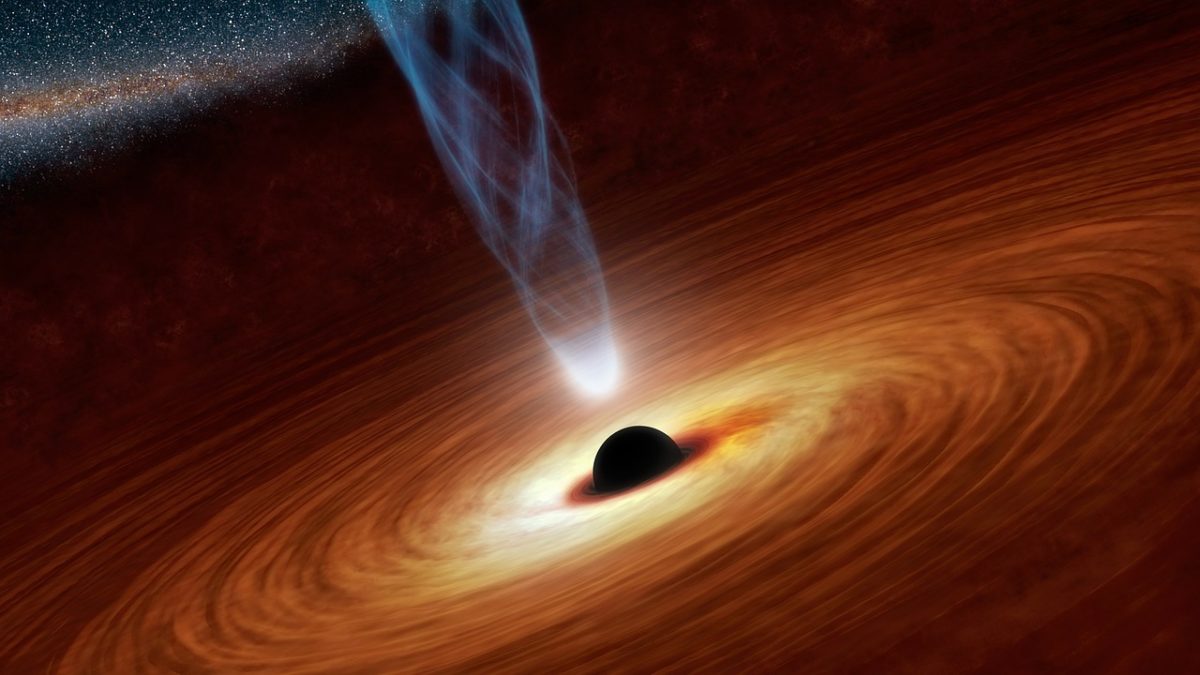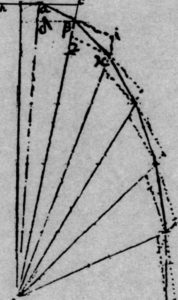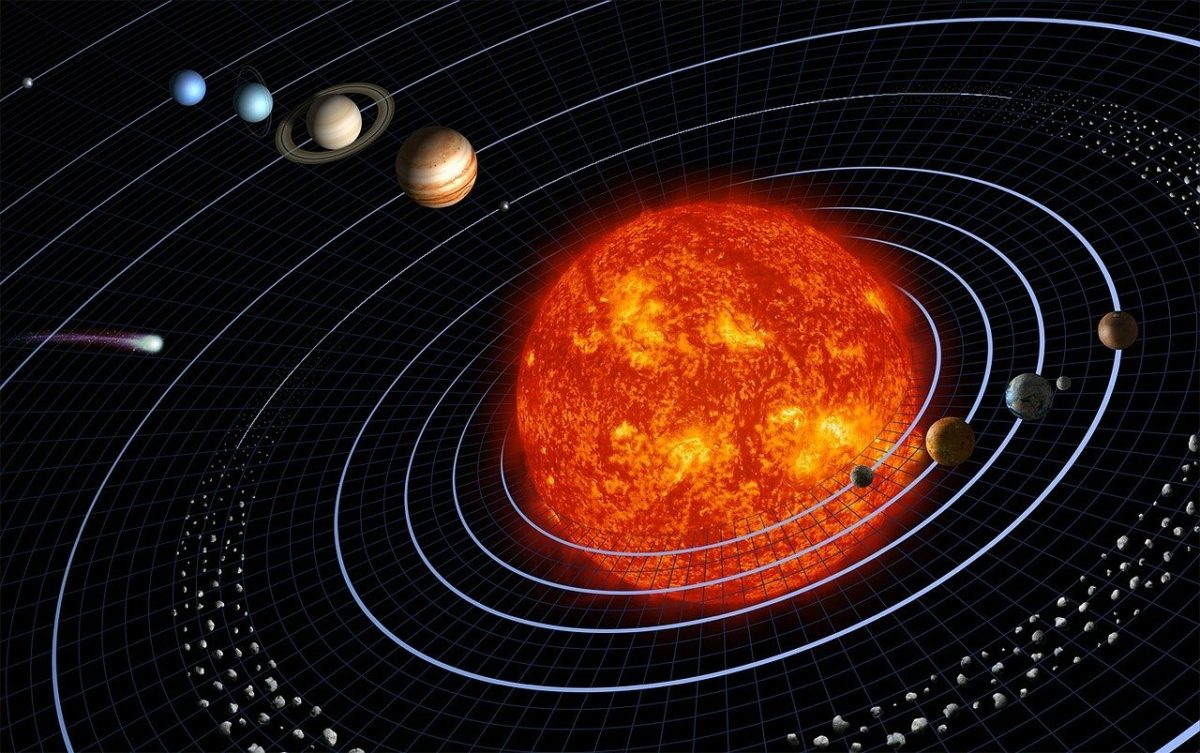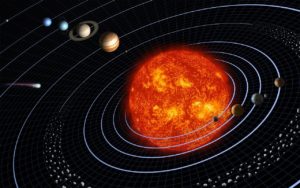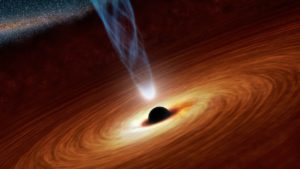
The singularities from the general relativity resulting by solving Einstein’s equations were and still are the subject of many scientific debates: Are there singularities in spacetime, or not? Big Bang was an initial singularity? If singularities exist, what is their ontology? Is the general theory of relativity a theory that has shown its limits in this case?
In this essay I argue that there are singularities, and the general theory of relativity, as any other scientific theory at present, is not valid for singularities. But that does not mean, as some scientists think, that it must be regarded as being obsolete.
After a brief presentation of the specific aspects of Newtonian classical theory and the special theory of relativity, and a brief presentation of the general theory of relativity, the chapter Ontology of General Relativity presents the ontological aspects of general relativity. The next chapter, Singularities, is dedicated to the presentation of the singularities resulting in general relativity, the specific aspects of the black holes and the event horizon, including the Big Bang debate as original singularity, and arguments for the existence of the singularities. In Singularity Ontology, I am talking about the possibilities of ontological framing of singularities in general and black holes in particular, about the hole argument highlighted by Einstein, and the arguments presented by scientists that there are no singularities and therefore that the general theory of relativity is in deadlock. In Conclusions I outline and summarize briefly the arguments that support my above views.
CONTENTS
Abstract
Introduction
– – – Classical Theory and Special Relativity
– – – General Relativity (GR)
1 Ontology of General Relativity
2 Singularities
– – – Black Holes
– – – – – – Event Horizon
– – – Big Bang
– – – Are there Singularities?
3 Ontology of Singularities
– – – Ontology of black holes
– – – The hole argument
– – – There are no singularities
Conclusions
Notes
Bibliography
DOI: 10.13140/RG.2.2.14521.06241/1
The singularities as ontological limits of the general relativity
 Karl Popper, as a critical rationalist, was an opponent of all forms of skepticism, conventionalism and relativism in science. A major argument of Popper is Hume’s critique of induction, arguing that induction should never be used in science. But he disagrees with the skepticism associated with Hume, nor with the support of Bacon and Newton’s pure “observation” as a starting point in the formation of theories, as there are no pure observations that do not imply certain theories. Instead, Popper proposes falsifiability as a method of scientific investigation.
Karl Popper, as a critical rationalist, was an opponent of all forms of skepticism, conventionalism and relativism in science. A major argument of Popper is Hume’s critique of induction, arguing that induction should never be used in science. But he disagrees with the skepticism associated with Hume, nor with the support of Bacon and Newton’s pure “observation” as a starting point in the formation of theories, as there are no pure observations that do not imply certain theories. Instead, Popper proposes falsifiability as a method of scientific investigation.